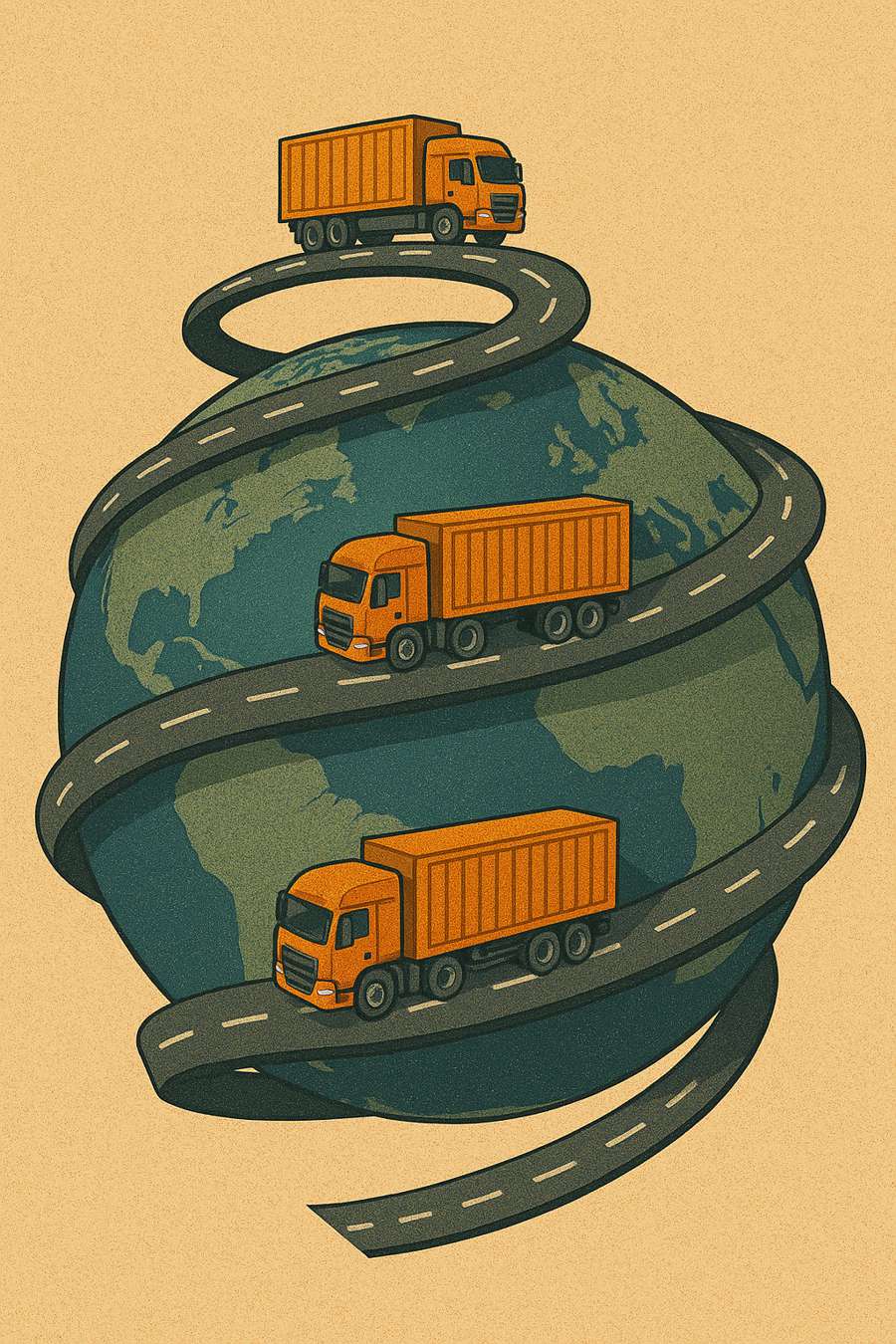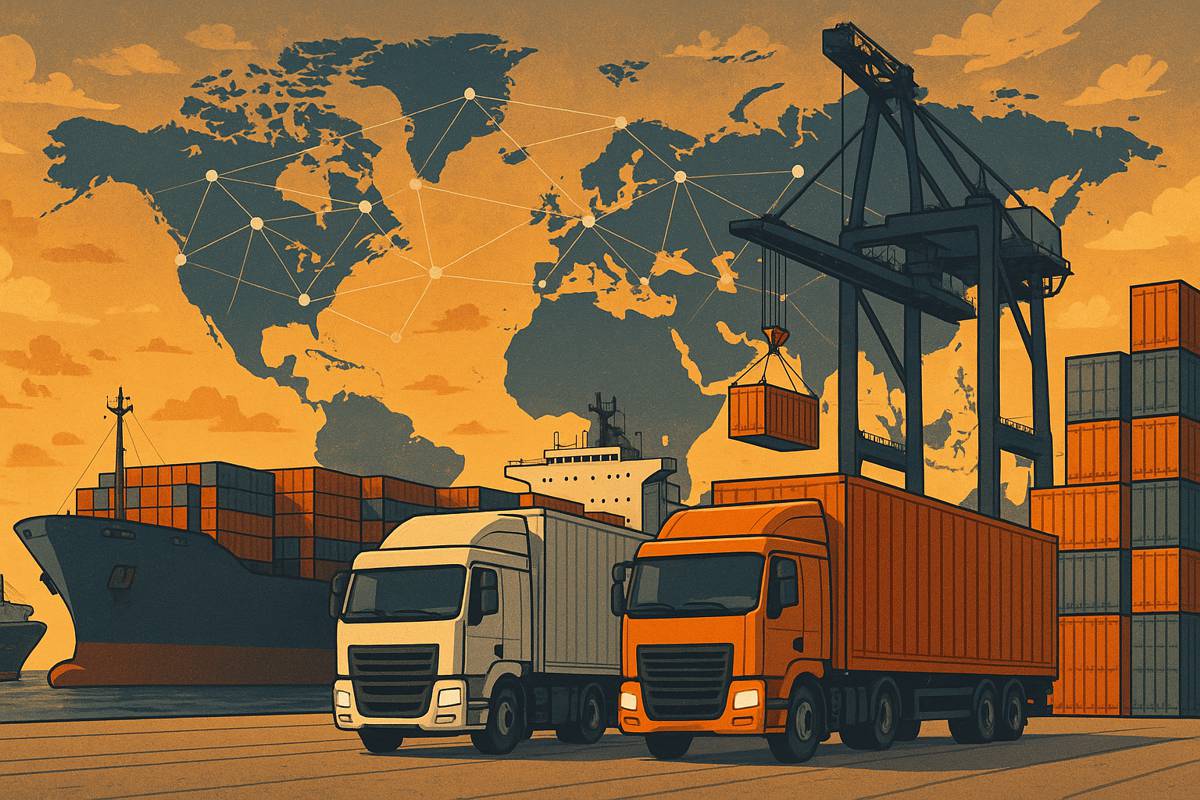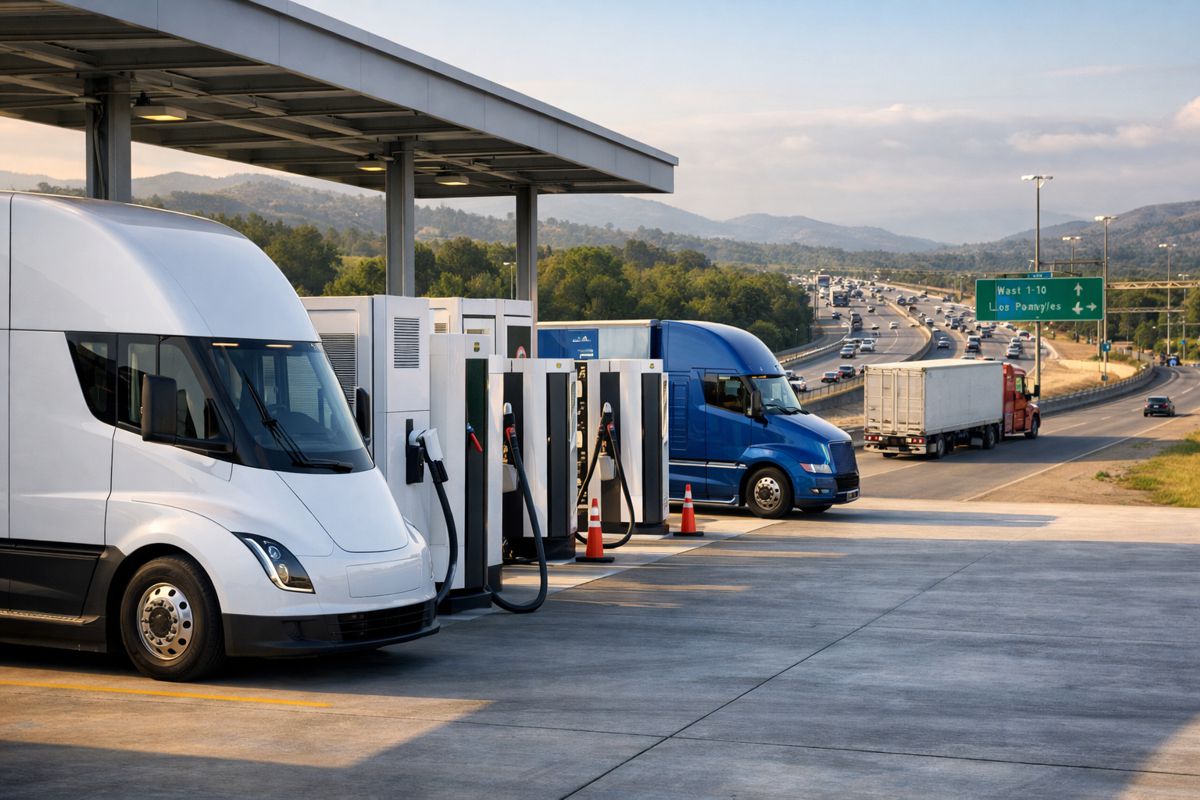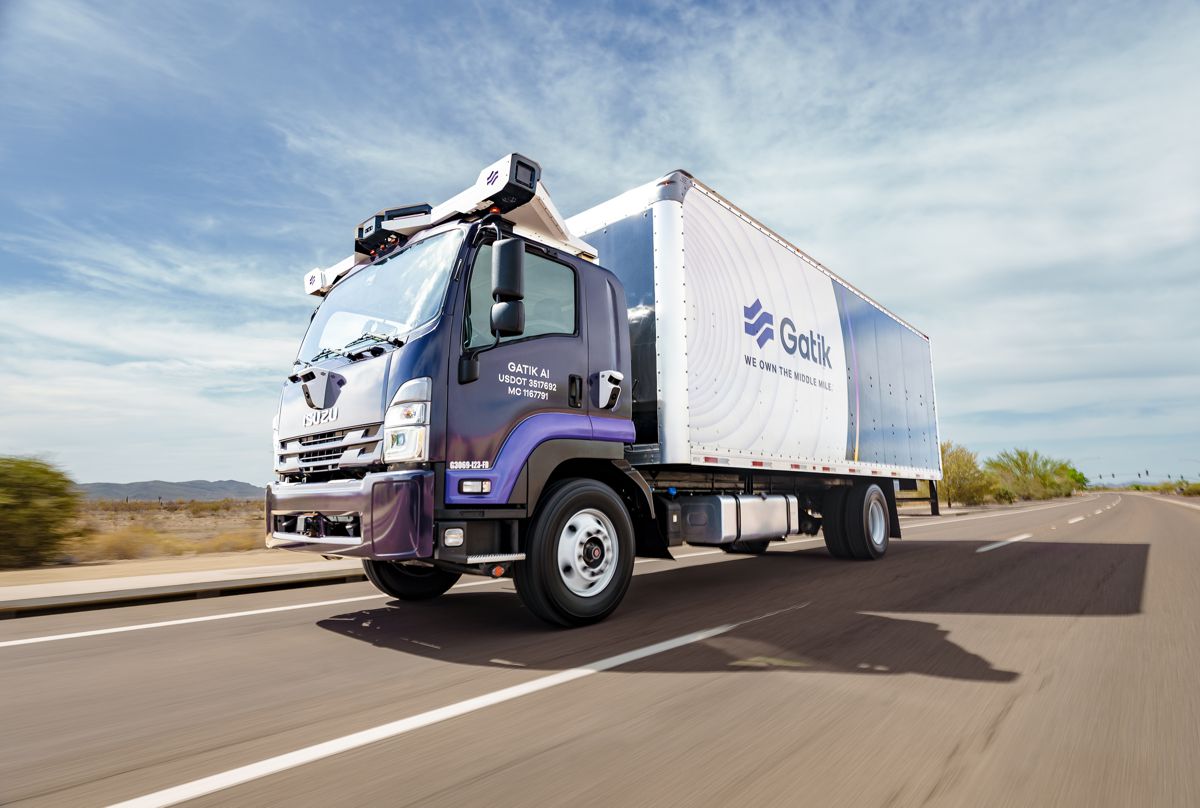Why Vehicle Reliability Is More Important Than Ever in Global Supply Chains
The Role of Vehicles in Global Supply Chains
Transportation is the backbone of modern commerce, with millions of vehicles transporting goods across continents every day. Without dependable trucks, vans, and specialty vehicles, supply chains would grind to a halt.
Every link in the chain, from manufacturers to retailers, depends on timely deliveries. When vehicles break down, the effects ripple across industries, slowing production, reducing the availability of goods, and raising costs for consumers.
The High Cost of Breakdowns
A single mechanical failure can cost companies thousands of dollars. Beyond the repair bill itself, towing expenses, replacement parts, and labor hours add up quickly.
Indirect costs are often even greater. Missed deadlines lead to contractual penalties, damaged customer relationships, and lost business opportunities. In a world where consumers expect overnight shipping, reliability is no longer optional.
Why Reliability Matters More Today
Global supply chains have grown more complex, and the demand for speed is unprecedented. Just-in-time delivery systems leave no margin for error, making even minor vehicle problems a serious setback.
E-commerce has amplified these pressures. Companies like Amazon have raised the bar on delivery expectations, forcing fleets of all sizes to maintain peak reliability. At the same time, rising repair costs and fluctuating fuel prices make each breakdown more expensive.
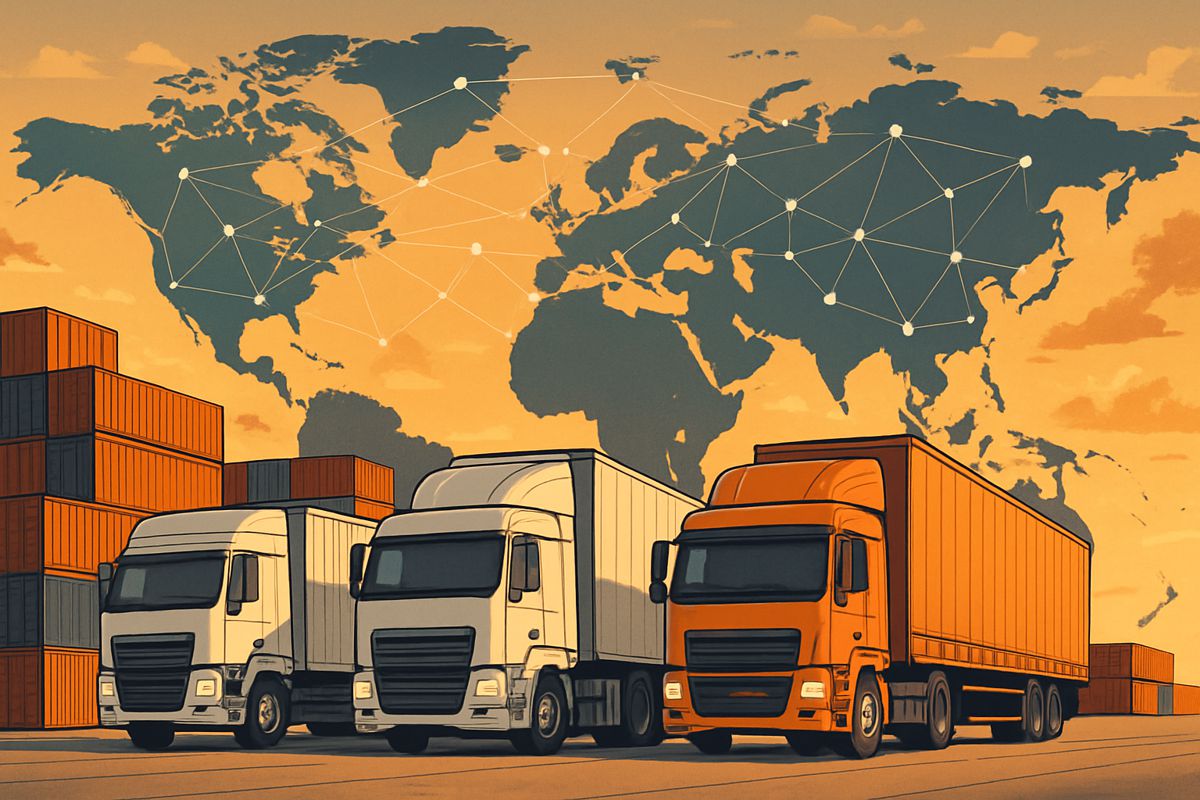
New Challenges Impacting Vehicle Reliability
Vehicles today are far more advanced than they were even a decade ago. Electronic control units, advanced safety sensors, and telematics improve performance but also add repair complexity. A small software fault can take a truck off the road just as easily as a flat tire.
Meanwhile, aging fleets remain common in many regions. Delays in manufacturing and supply chain disruptions mean some businesses cannot replace vehicles as quickly as they’d like. Limited availability of spare parts only adds to repair times, prolonging costly downtime.
Protecting Against the Unexpected
Even with careful planning, no operator can prevent every mechanical issue. Flat tires, transmission failures, or electrical faults happen without warning, often when goods are in transit.
For operators and drivers alike, knowing how to choose an aftermarket warranty can provide an extra safeguard against costly downtime. The right warranty helps cover repair expenses and ensures vehicles get back on the road quickly, reducing disruptions to the supply chain.
Strategies to Improve Vehicle Reliability
Preventative maintenance is still the best tool for avoiding breakdowns. Routine inspections catch problems like worn brakes, leaking hoses, or failing components before they escalate into major issues.
Telematics and real-time monitoring tools have become invaluable for fleet managers. These systems track everything from fuel efficiency to engine health, providing actionable insights that extend vehicle life. Predictive analytics can even anticipate failures, allowing proactive repairs.
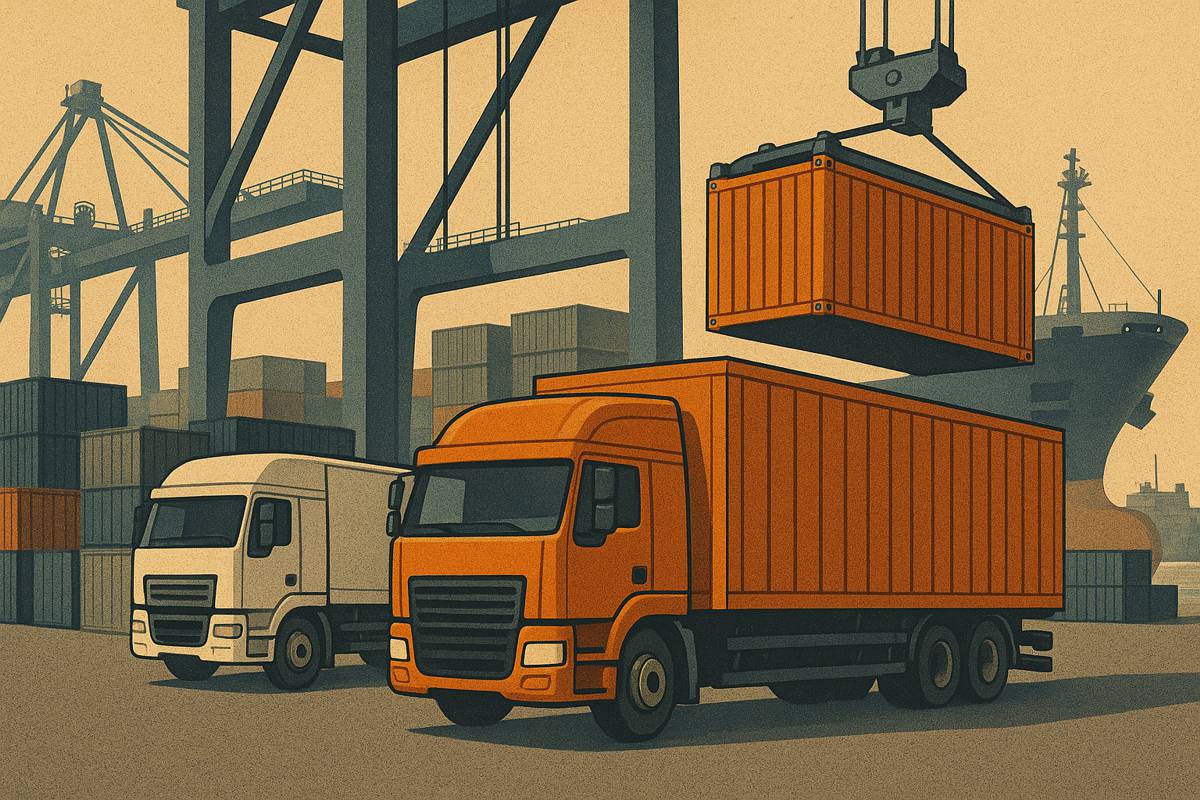
The Role of Driver Training
Drivers are a critical part of vehicle reliability. Training programs teach them how to handle vehicles efficiently, recognize early warning signs, and avoid behaviours that accelerate wear.
Skilled drivers not only reduce accident risk but also help lower maintenance costs. Companies that invest in training consistently see longer vehicle lifespans, better fuel economy, and fewer roadside emergencies.
The Future of Supply Chain Reliability
The shift toward electric and autonomous vehicles brings both promise and risk. Electric trucks reduce fuel costs and emissions but rely heavily on batteries that are expensive to replace and difficult to maintain.
Autonomous vehicles introduce another layer of complexity. These trucks depend on sensors, cameras, and artificial intelligence systems that must operate flawlessly. A single malfunction could disrupt an entire fleet, making reliability strategies more important than ever.
Building Reliability Into Global Logistics
Reliability directly affects competitiveness in the logistics industry. A company that consistently delivers on time gains trust, builds customer loyalty, and stands out in a crowded market.
On the other hand, businesses that suffer frequent delays or breakdowns struggle to retain contracts. In today’s environment, reliability is not just a maintenance goal but a business strategy. Investing in both technology and risk management is key to staying ahead.
Building Stronger Supply Chains Through Reliable Vehicles
Reliable vehicles keep the flow of goods steady and the global economy moving. Every truck on the road represents a promise to deliver, and that promise is only as strong as the fleet behind it.
By combining preventative maintenance, technology-driven monitoring, driver training, and financial safeguards, businesses can protect their fleets against disruptions. Vehicle reliability is no longer just an operational concern—it is a cornerstone of economic strength and resilience.
